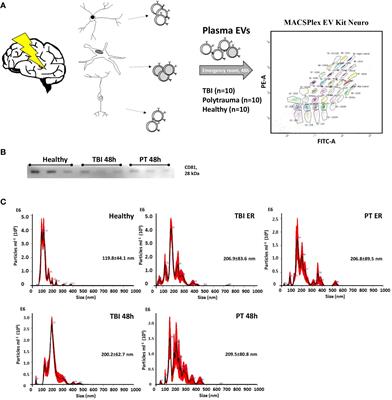EDITORIAL
Published on 23 Dec 2024
Editorial: Exosome-mediated intercellular communications: immune stimulation and suppression
doi 10.3389/fimmu.2024.1540484
- 346 views
6,377
Total downloads
18k
Total views and downloads
You will be redirected to our submission process.
EDITORIAL
Published on 23 Dec 2024
MINI REVIEW
Published on 02 Dec 2024
ORIGINAL RESEARCH
Published on 08 Aug 2024
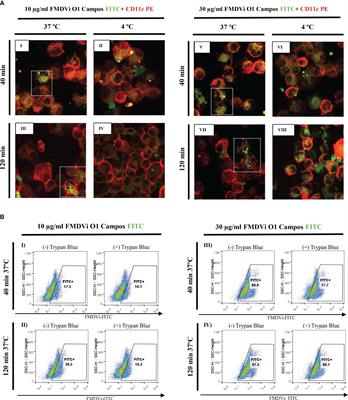
REVIEW
Published on 19 Jul 2024
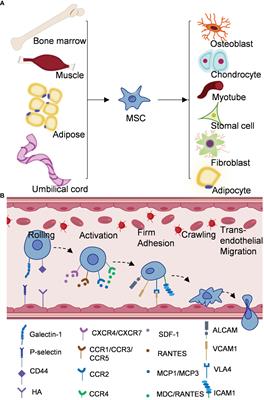
ORIGINAL RESEARCH
Published on 23 May 2024
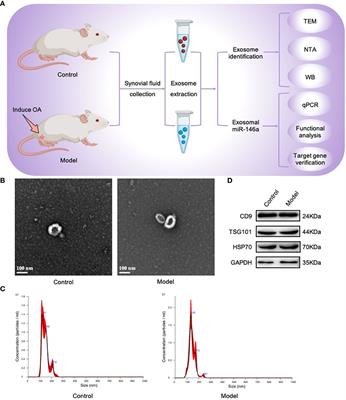
ORIGINAL RESEARCH
Published on 22 Mar 2024
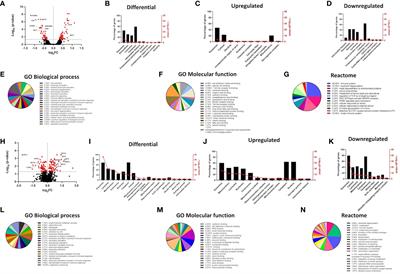
REVIEW
Published on 21 Mar 2024

ORIGINAL RESEARCH
Published on 12 Mar 2024
